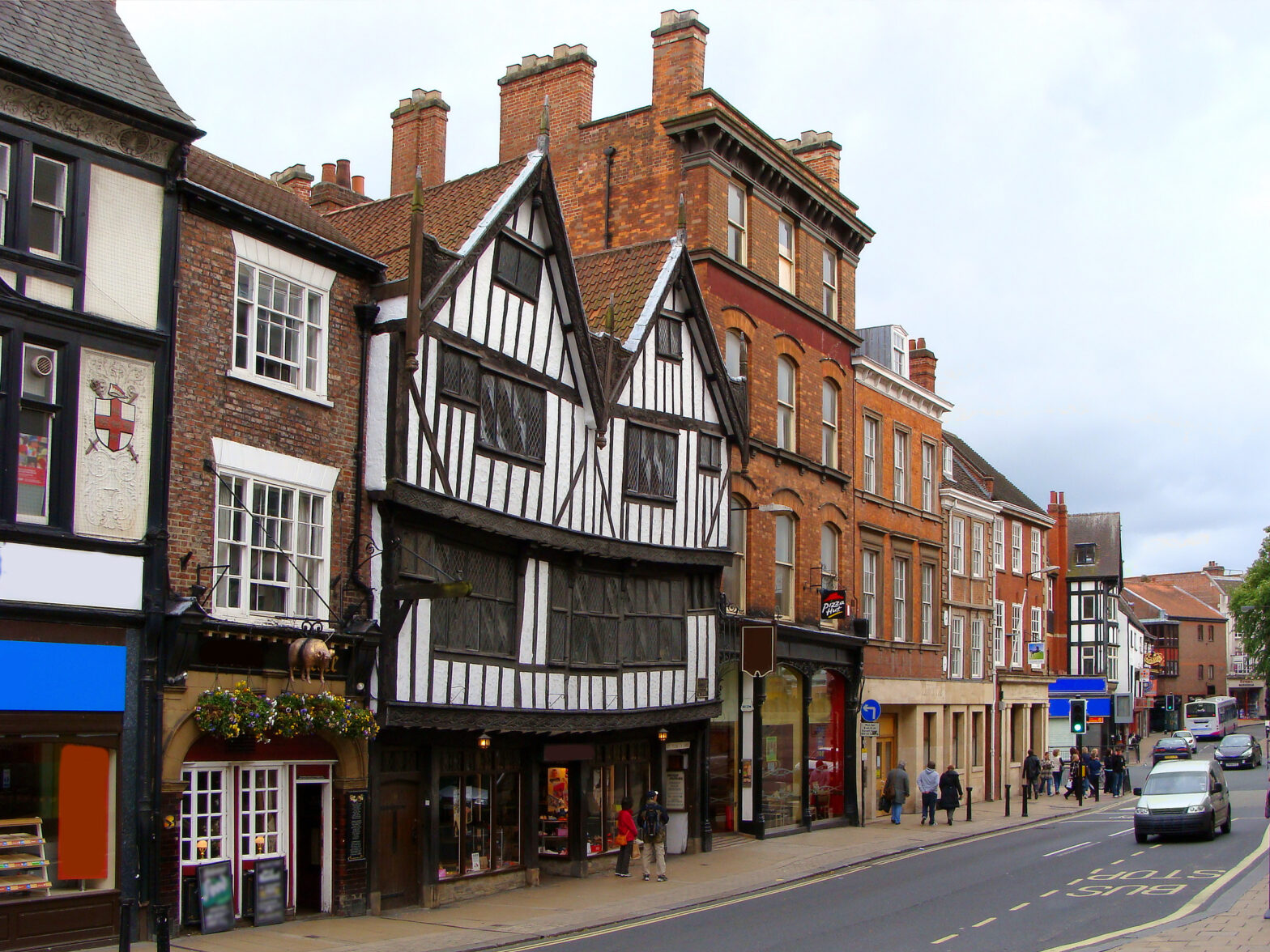There are small businesses scattered across every part the UK, providing creative, diverse and wholly original offerings.
You’ll find a sole trader or small business owner in every village, town and city in our country, sometimes going it alone, sometimes tapping into the wider network available there. But head to one of the UK’s many independent quarters and you’ll likely stumble across a particularly thriving hub of small businesses.
Related: More Britons shopping with independent retailers
Keen to find out what brings these communities together, KashFlow headed into Manchester’s Northern Quarter to find out more, and cast an eye over some of the other growing indie quarters – including Shoreditch and relatively lesser known suburbs like Jesmond in Newcastle or Hoole in Chester. Here’s what the company found out about the UK’s small business independent quarters.
The best foundations are off the beaten track
Though there’s plenty of concern over the effects of gentrification and the out-of-control rental market, it remains the case that setting up shop on the outskirts of town remains the cheaper option.
Reduced rents and overheads help a small business get going, and give them a little more breathing room to refine their goods and services once they’re out on the market. As the money they’re saving can be reinvested, businesses are allowed to blossom.
Things get a bit more creative once you’re off the high street
As small businesses aren’t chasing the trends (or the prices) set by high street brands, they’ve got room to set their own pace and explore their own path a bit more.
As lifestyle blogger and indie-quarter enthusiast Georgie Glass says, ‘These areas are constantly changing, really diverse… really inclusive of all different kinds of people and personalities and interests and there’s something for everyone.’
This approach to business gives entrepreneurs the chance to develop their own distinct style, which in turn gives consumers more choice and the opportunity to find something a bit different and special. It’s a chain reaction of positivity that creates a really fresh and diverse marketplace in the UK.
Independent quarters create strong communities
If you run your own small business, you know it can be an isolating experience. While there’s plenty of resources and services out there to support small businesses, it’s still on your shoulders to make the dream work and get that vision out of your head.
As indie quarters are filled with others in the exact same position, it’s common for strong communities to develop and support one another. They’re filled with like-minded business owners that understand exactly what you’re talking about, and can point you in the direction of the freelancers, start-ups and other entrepreneurs in their network.
And, as Carley Jones from Kettlebell Kitchen points out, you can always nip next door for a bag of spare change too!
Independent quarters help you find the right type of customers
Footfall in an independent quarter is inherently different to that on the high street. Chances are that your shoppers aren’t looking for anything specific. In fact, everything from the street art to the quirky layouts and distinctive buildings in your average indie quarter encourage exploration.
As Frog Flowers Floral Artistry, based in Manchester’s Northern Quarter says, ‘The area entices people into Manchester because it’s so colourful, it’s not pretentious – it kind of screams for people to come in and just try anything.’
With the right pitch and the right product, you could strike gold with an audience that’s always been missing exactly what you’re offering. After all, there’s always a gap in the market for someone.
Indie quarters are on the rise
Across the UK, it seems to be the case that independent quarters are on the up. From The Corn Exchange in Leeds, to Bradford’s Sunbridge Wells, and The Shambles in York – there’s an increasing number of renovated areas welcoming small businesses and start-ups into their communities.
And as more businesses set up and succeed in these areas, they further diversify the areas offering and attract more attention, creating a positive chain reaction that encourages creativity in small businesses and supports the UK economy.
Also see: Consumers want a better high street with more small, independent businesses





